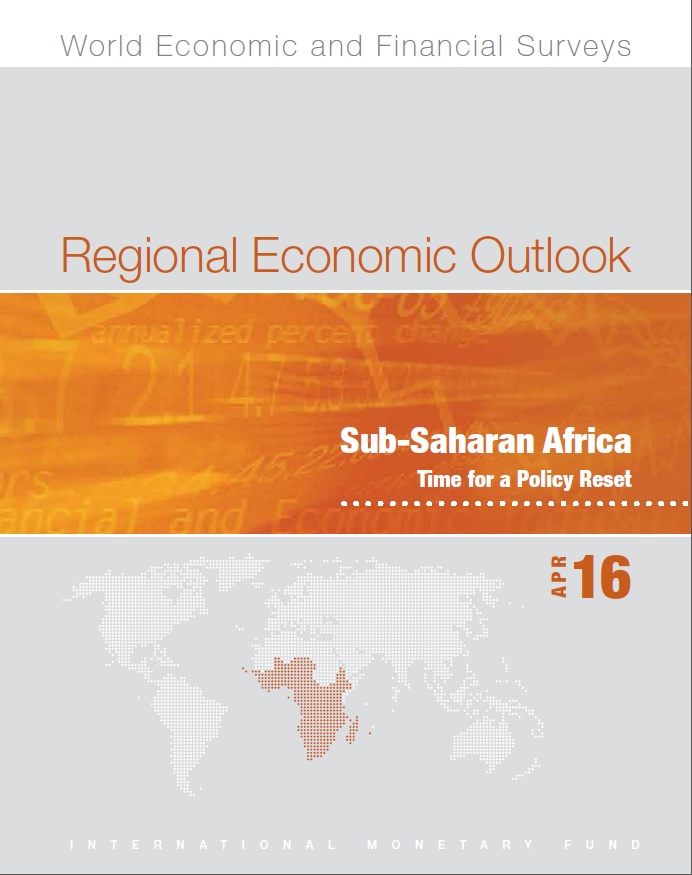Development Finance International
20-21 June - Commonwealth International Tax Roundtable, London
 DFI chaired a session at a Commonwealth meeting on “Perspectives on the Panama Papers”, looking at the current efforts being made to combat illicit financial flows by sharing information among countries and citizens. Panelists debated the role of “tax havens” in developed and developing countries and discussed a series of measures which small island developing states and UK crown dependencies in particular could take to contribute to global tax transparency and accountability. The outcome statement from the event is available here.
DFI chaired a session at a Commonwealth meeting on “Perspectives on the Panama Papers”, looking at the current efforts being made to combat illicit financial flows by sharing information among countries and citizens. Panelists debated the role of “tax havens” in developed and developing countries and discussed a series of measures which small island developing states and UK crown dependencies in particular could take to contribute to global tax transparency and accountability. The outcome statement from the event is available here.
To coincide with the seminar, the Commonwealth published this report on the impact of anti-money laundering and counter terrorist financing (AML/CFT) regulations in Commonwealth Developing Countries.
15 June - Jubilee Debt Campaign Advisory Network, London
 DRI participated in the first meeting of the Jubilee Debt Campaign Academic Advisory Network. Participants exchanged information on their latest studies of debt issues ranging from analysis of the debt crisis and negotiations in Greece, through to latest analysis of debt sustainability in developing countries, the role of PPPs, and the impact of the Argentine vulture funds’ decisions on future debt resolution mechanisms. DRI highlighted its recent work on debt sustainability and its forthcoming work on productive spending and debt.
DRI participated in the first meeting of the Jubilee Debt Campaign Academic Advisory Network. Participants exchanged information on their latest studies of debt issues ranging from analysis of the debt crisis and negotiations in Greece, through to latest analysis of debt sustainability in developing countries, the role of PPPs, and the impact of the Argentine vulture funds’ decisions on future debt resolution mechanisms. DRI highlighted its recent work on debt sustainability and its forthcoming work on productive spending and debt.
2-4 June - Inequality and the IFIs, New York
 DFI helped to facilitate a meeting in New York on the role of the IFIs (G20, UN, IMF, World Bank, OECD and FSB) in combating in-country income inequality. The meeting was co-organised by New Rules for Global Finance and the Friedrich Ebert Stiftung and assembled academics, representatives of the IFIs and independent analysts to examine how their mandates could be interpreted to fight inequality in an SDG context.
DFI helped to facilitate a meeting in New York on the role of the IFIs (G20, UN, IMF, World Bank, OECD and FSB) in combating in-country income inequality. The meeting was co-organised by New Rules for Global Finance and the Friedrich Ebert Stiftung and assembled academics, representatives of the IFIs and independent analysts to examine how their mandates could be interpreted to fight inequality in an SDG context.
The meeting reached strong conclusions on key “transmission mechanisms” through which the institutions should be expected to reduce inequality. It will be a key input into a New Rules report on the IFIs and Inequality to be launched early in 2017.
1 June - Sub-Saharan Africa Regional Economic Outlook
 The latest Regional Economic Outlook for Sub-Saharan Africa published by the IMF reveals that despite a recent extended period of strong economic boost, many sub-Saharan African countries have borne the brunt of multiple economic shocks and are experiencing a sharp fall in growth.
The latest Regional Economic Outlook for Sub-Saharan Africa published by the IMF reveals that despite a recent extended period of strong economic boost, many sub-Saharan African countries have borne the brunt of multiple economic shocks and are experiencing a sharp fall in growth.
This report points to the decline in commodity prices, tighter financing conditions and a severe drought in southern and eastern Africa for causing the trends currently affecting most sub-Saharan African countries. Growth fell in 2015 to its lowest level in some 15 years and is expected to slow further to 3 percent in 2016, affecting countries to varying degrees according to circumstances, and with the exception of oil importers which register a robust economic activity.
While the IMF projects that the region’s medium-term prospects remain favourable, it urges countries to adopt a policy reset to promote growth and makes recommendations to respond to the current macroeconomic challenges.
30-31 May - Debt Management Facility Stakeholders Forum, Lusaka


DRI participated in the World Bank Debt Management Facility Stakeholder Forum in Lusaka, taking part in the ICG governance meeting of the facility, and making a presentation on Debt Sustainability Status and Prospects in the Forum itself. The presentation, based on recent work for DFID and the AfDB, emphasized that an increasing number of countries have unsustainable debt burdens which are crowding out spending on the SDGs, and another round of global debt relief is on the cards.








